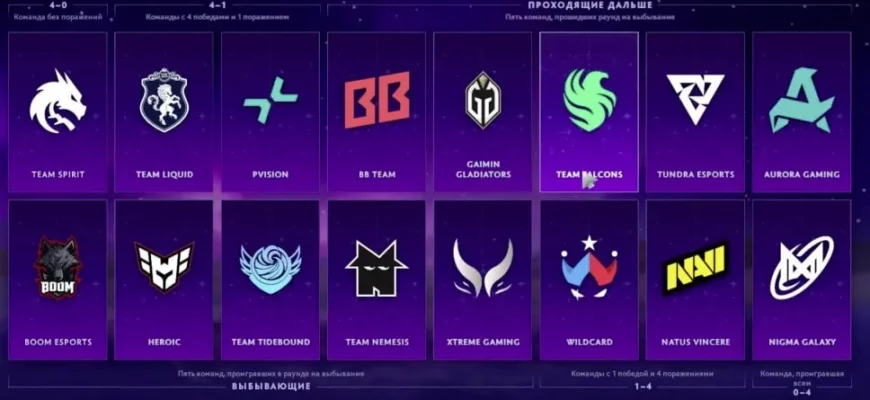In a dramatic twist that has sent ripples through the professional Dota 2 scene, Gaimin Gladiators (GG), a prominent esports organization, announced its withdrawal from The International 2025. What started as a seemingly straightforward organizational decision quickly devolved into a public dispute, laying bare the often-complex dynamics between player aspirations and corporate realities. This isn`t merely a tale of a team stepping aside; it`s a narrative woven with conflicting claims, contractual intricacies, and the raw ambition that defines competitive esports.
A Public Flare-Up: Quinn`s Initial Accusation
The saga began with a public statement from Gaimin Gladiators` renowned mid-player, Quinn “Quinn” Callahan. In a post that ignited immediate discussion across social media, Quinn claimed that the organization had unilaterally decided to pull the team from The International 2025. This assertion painted a picture of players ready and willing to compete under the Gladiators` banner, only to be denied the opportunity by their own club. It was a bold claim, one that suggested a fundamental breakdown in trust and communication, and it immediately put the spotlight on the organization.
The CEO`s Counter-Narrative: Contracts and Commitment
In response, Nick Cook, the CEO of Gaimin Gladiators, provided a starkly different account. Cook`s statement clarified that the decision to withdraw was not an arbitrary one but a direct consequence of the players` own request. According to the CEO, the team had approached the organization with a desire to nullify their existing contracts to participate in The International 2025 as an independent entity. A fascinating turn, considering the stability and resources an established organization typically provides.
“We indeed withdrew the team from TI, but the basis for this decision stemmed from a request from the team to nullify their contracts with Gladiators so they could compete as independent players,” Cook stated, adding a layer of corporate intrigue to the unfolding drama.
The Gladiators` management, in what appeared to be a gesture of good faith, agreed to this unprecedented request. However, the plot thickened. Cook asserted that following this agreement, the players became indecisive and ill-prepared to navigate the complexities of competing independently. The ensuing delay and lack of a concrete resolution from the players` side, combined with Valve`s substitution rules, ultimately forced Gaimin Gladiators to make the difficult decision to withdraw the team entirely. The irony is palpable: a quest for independence inadvertently led to an inability to compete at all.
The Unseen Battle: Behind the Legal Veil
As with many disputes involving high-stakes contracts and professional careers, both parties have been notably reticent to divulge the full extent of their disagreements, citing “legal restrictions.” This veil of confidentiality, while understandable from a corporate perspective, leaves fans and analysts to speculate on the deeper issues at play. Was it purely about financial terms? Did players seek greater control over their careers, free from organizational overheads? Or were there other underlying tensions that finally erupted?
This situation underscores a recurring challenge in esports: the delicate balance between player agency and organizational control. Players, often young and ambitious, seek to maximize their potential and earnings, sometimes believing that independence offers a more direct path. Organizations, conversely, invest significant resources in building brands, managing logistics, and providing stability, expecting loyalty and adherence to contractual agreements in return. When these two visions collide, the consequences can be profound, especially when the pinnacle of competition – The International – is on the line.
Implications for the Esports Landscape
The Gaimin Gladiators` withdrawal from The International 2025 is more than just a footnote in tournament history; it`s a cautionary tale for the burgeoning esports industry. It highlights the critical importance of clear, mutually beneficial contracts and robust communication channels between players and organizations. The inability of a top-tier team to resolve internal conflicts and secure its participation in the sport`s flagship event sends a clear message: even at the highest levels, the human element, with all its complexities and occasional misjudgments, remains a potent force.
While the full truth may remain shrouded in legal confidentiality, one thing is clear: the Gladiators, famed for their fierce battles in the arena, have found their most formidable opponent in the intricacies of their own contracts. For the fans, it`s a missed opportunity to see a beloved team compete. For the industry, it`s a stark reminder that even the most promising ventures can be derailed by internal discord when stakes are at their highest.







